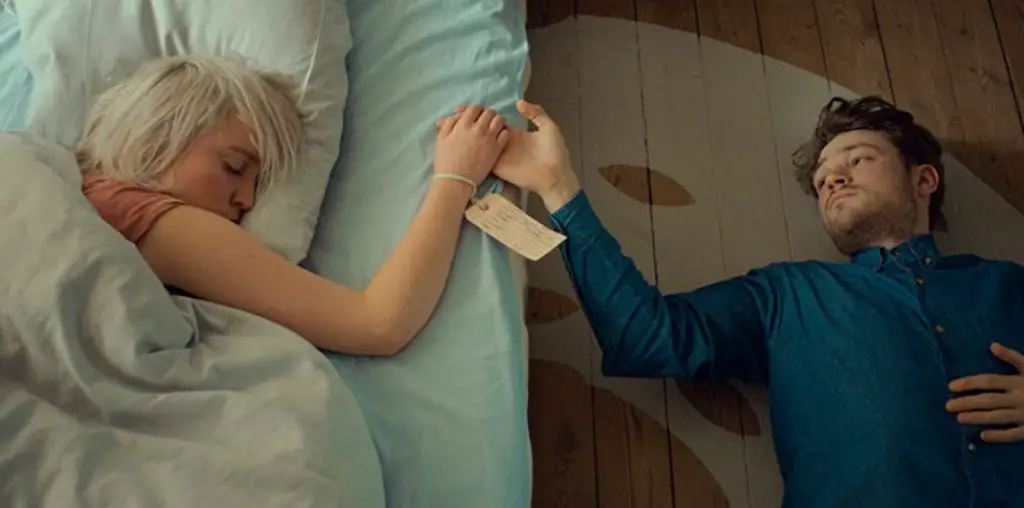
This long-forgotten 1941 independently-produced feature deserves merit for being among the relatively few movies made in pre-World War II Hollywood to call attention to the Nazi anti-Semitic policies. However, the level of attention raised in “So Ends Our Night” is buried in a mess of melodramatic puffery that ultimately trivializes the tragedy is wants to spotlight.
Based on Erich Maria Remarque’s novel “Flotsam,” the film opens in 1937 Europe. Non-Aryans and political dissidents are forced to flee Germany without passports, thus making them illegal aliens in any country they arrive at. Three individuals have overlapping adventures here: a Jewish chemist (Margaret Sullavan) who has to leave Austria after the German annexation of her homeland, a half-Jewish youth (Glenn Ford) who falls for the chemist, and a Christian political dissident and escaped concentration camp prisoner (Fredric March) who left an ailing wife back in Germany and who is pursued by the Nazi Gestapo. The trio pinball their way across the continent between Vienna, Prague, Zurich and Paris. How they get from city to city is never quite clear – no one seems to have money for train fare yet no one appears to have walked any great distance.
And there’s the main problem with “So Ends Our Night” – it feels like a politicized Bugs Bunny cartoon, with the characters pulling wild escapes and getting rescued in too-convenient encounters with nary a cut or bruise (although Glenn Ford does get a black eye after a fight with a Vienna cop, but a minute or two later it is gone). For people who are supposedly fleeing for their lives, they seem as relaxed and well-coiffed as the denizens of a Noel Coward drawing room comedy. The film only briefly mentions the Jewish faith of the Sullavan and Ford characters, then there is no further citation of the anti-Semitic policies or the overwhelmingly Jewish statistics of the refugee population.
The film does have a few notable diversions: Erich von Stroheim’s droll and underplayed Gestapo officer, Leonard Kinskey (the comic bartender of “Casablanca”) as a refugee with a mania for roast chicken, and a glamourous turn by the much-maligned Anna Sten (as a carnival manager, albeit one who dresses in the finest fashions). And appearing briefly (but not credited) is Bernard Gorcey, father of Leo Gorcey and himself a regular in the Bowery Boys comedies – he turns up here as a hyperactive carnival barker. John Cromwell’s direction also has occasional lapses into the German Expressionism that reigned in the 1920s (plenty of shadowplay and kooky camera angles) and it appears a great deal of care went into framing many of the scenes.
However, the leads are never truly convincing. Sullavan, who was 30 when this film was shot, is clearly too mature for her role as a college undergraduate. Ford, who was 25, is somewhat more convincing in regard to looking youthful – but his acting left a lot to be desired (it always did, truth be told, but at least he honed his craft somewhat later in that decade). And March only comes alive when his character is doing a W.C. Fields routine of card sharking and carnival barking – as a political dissident, he carries no weight in his propaganda speeches.
The resurfacing of “So Ends Our Night” offers little more than a few yawns and unintentional giggles. It is easy to see why this one slipped through the cracks.
